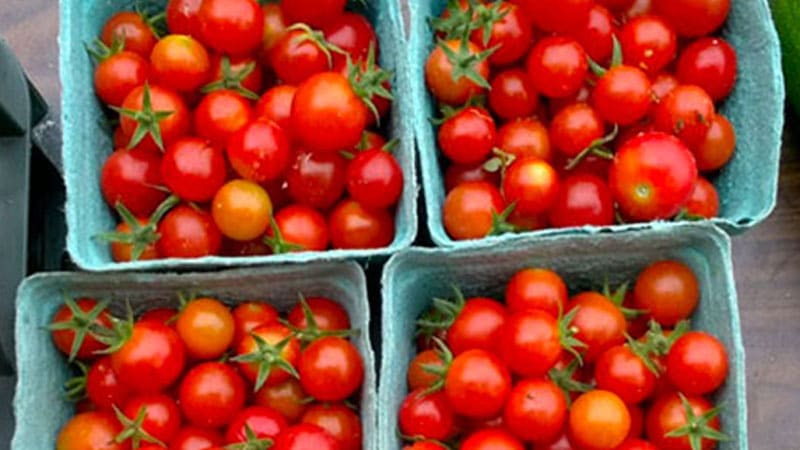Fresh Picked Vegetables
A customer came to the farm stand in November and asked where we get our tomatoes weeks after a hard freeze. In 2018, we opened our season extension high tunnel greenhouse. This allows us to harvest fresh picked vegetables grown in the native soil long beyond the first frost. Our harvest season is typically from May through November.
Available seasonally are Slicing and Cherry Tomatoes, Eggplant, Cucumbers,Green and Yellow Summer Squash, Bell Peppers, Radishes, Red and Green Leaf Lettuce, Romain, and Spinach.
When we plan our season and order seeds, we look for varieties that are developed to be hybrid and genetically resistant to pests, tolerant of drought, and fast growing to shade out weeds.
INTEGRATED PEST MANAGEMENT
Many pests lay eggs that overwinter in soil, and weeds leave behind seeds that can sprout the following spring. Crop Rotation interrupts the life cycle of pests that specifically attack one crop. This minimizes the use of synthetically manufactured pesticides. For example, the European Corn Borer overwinters in the fall on ground that was used to grow corn. By rotating crops frequently, the life cycle of the Corn Borer is interrupted the following spring when no corn crop is present in the field.
Options also exist in the seeds we purchase. Hybrids that are resistant to pests are available. For example, corn with tighter and thicker husks that make it difficult for corn borers to chew through to the ear are preferable alternatives to pesticides.
NUTRIENT MANAGEMENT
Our soils are tested every three years to determine optimal nitrogen-phosphorus-potash applications to meet the needs of the crops planned for cultivation. Excess runoff of fertilizer is a major contributor to nonpoint source water pollution; the result is excessive algae growth and waterways choked with aquatic weeds. We also employ no-till cropping when possible.
DROUGHT TOLERANCE
By planting drought tolerant species, irrigation is limited to only critical times. Irrigation is applied early in the morning or at night to avoid loss by evaporation.
ORGANIC OPTIONS
Certain vegetable crops are more tolerant to pests than others. In a perfect world, we would choose to offer all of our crops as certified organic. However, the markets demand food that is free of holes, wilt, and worms as people will not purchase these goods.
Our experience is that Lettuce, Spinach, Radishes and Tomatoes are attainably grown organically while meeting our bottom line to be profitable. Often you will see these items marketed at our farmstand as Organic. Our other products we market as “Sustainably Raised” following the guidelines outlined above.









